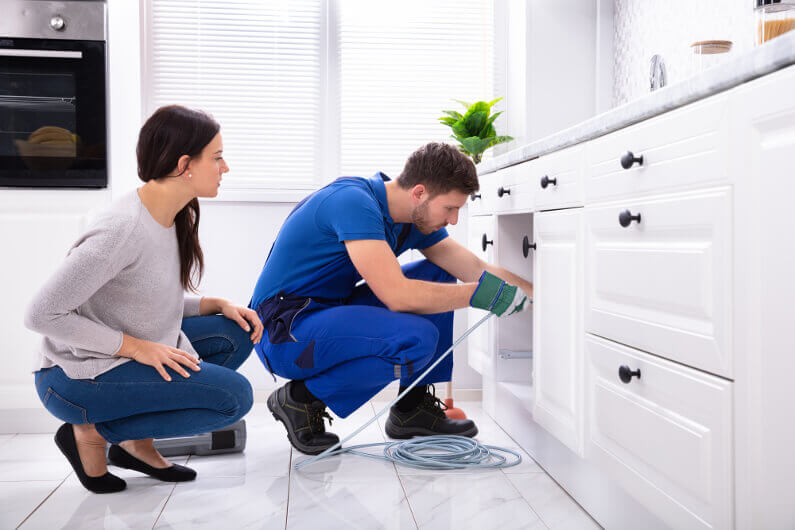
Keeping your drains clean is an essential part of maintaining a healthy and functioning home. Over time, dirt, hair, soap scum, and other debris can build up in your pipes, leading to clogs and slow draining water. While hiring a professional plumber to clean your drains is always an option, there are many DIY methods you can try first. In this article, we will provide you with expert tips for DIY drain cleaning that can help you keep your pipes clear and flowing smoothly.
One of the most effective tools for DIY drain cleaning is a drain snake. Also known as a plumber's snake or drain auger, a drain snake is a long, flexible tool that can reach deep into your pipes to break up clogs and debris. To use a drain snake, simply insert the tip into the drain and twist it as you push it further down the pipe. Once you feel resistance, continue to twist and push until the clog breaks up and the water begins to flow freely again.
Another popular DIY drain cleaning method is using a homemade vinegar and baking soda solution. Simply pour a pot of boiling water down the drain to help loosen any debris, then pour a mixture of one cup of baking soda followed by one cup of vinegar. The mixture will create a fizzing reaction that can help break up clogs and deodorize your pipes. Let the solution sit for about 30 minutes, then flush the drain with hot water to wash away the debris.
If you're dealing with a stubborn clog, you may want to try using a chemical drain cleaner. These products can be effective at breaking up tough clogs, but they can also be harsh on your pipes and harmful to the environment. Make sure to follow the instructions carefully and use these products sparingly to avoid damaging your plumbing system.
For preventive maintenance, consider using a hair catcher in your shower and sink drains to catch hair and other debris before they can cause a clog. Regularly cleaning these catchers can help prevent buildup in your pipes and keep water flowing smoothly. Additionally, be mindful of what you put down your drains, as items like grease, oil, and coffee grounds can solidify and cause clogs over time.
If you're still having trouble with a stubborn clog, it may be time to call in the professionals. A licensed plumber will have the tools and expertise to tackle even the toughest clogs and ensure that your plumbing system is in good working order. They can also provide tips and recommendations for preventing future clogs and maintaining your drains.
When it comes to DIY drain cleaning, prevention is key. By taking proactive steps to keep your drains clear and free of debris, you can help avoid costly repairs and ensure that your plumbing system remains in good condition. Whether you're using a drain snake, homemade solutions, or professional help, keeping your drains clean is an important part of maintaining a healthy and functioning home.
By following these expert tips for DIY drain cleaning, you can keep your pipes clear and flowing smoothly. Remember to use caution when using tools and chemicals, and always prioritize safety when working on your plumbing system. With regular maintenance and preventive measures, you can help extend the life of your pipes and prevent clogs from causing headaches in the future. So roll up your sleeves, grab your tools, and get ready to tackle those stubborn clogs with confidence!
